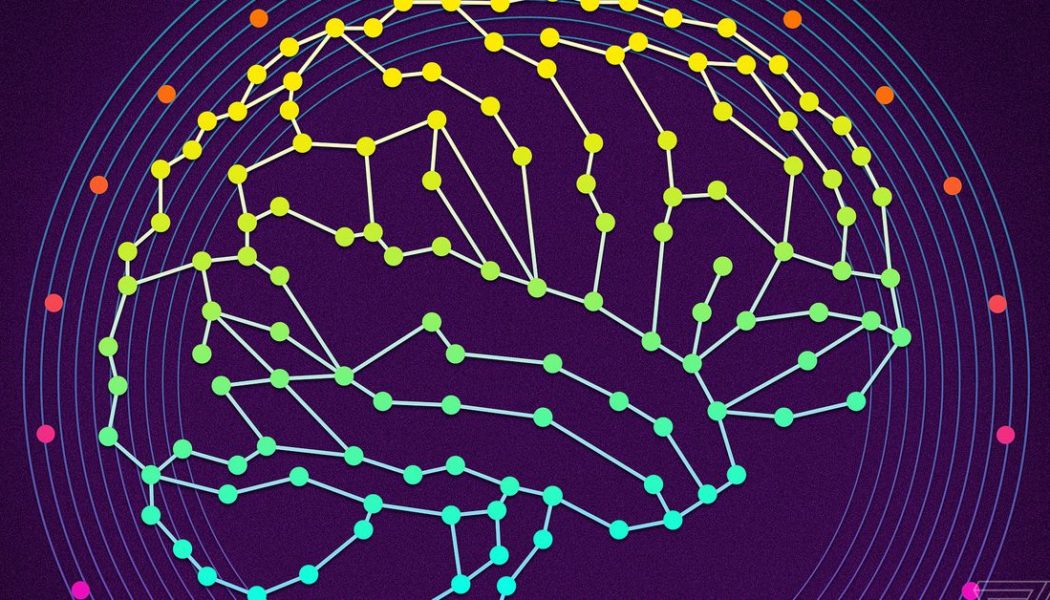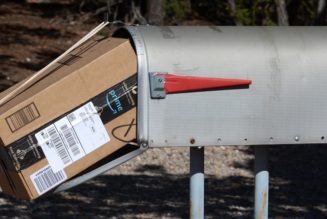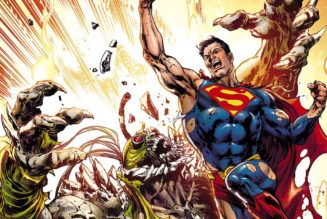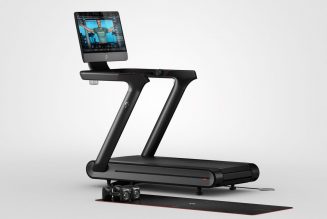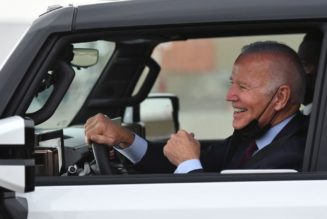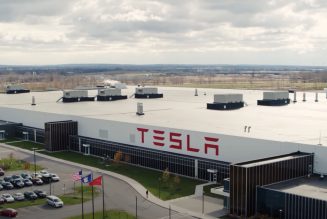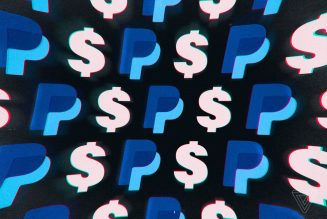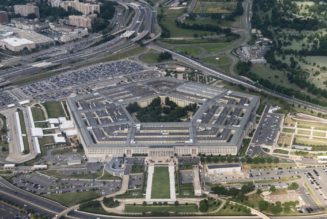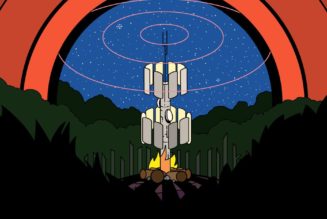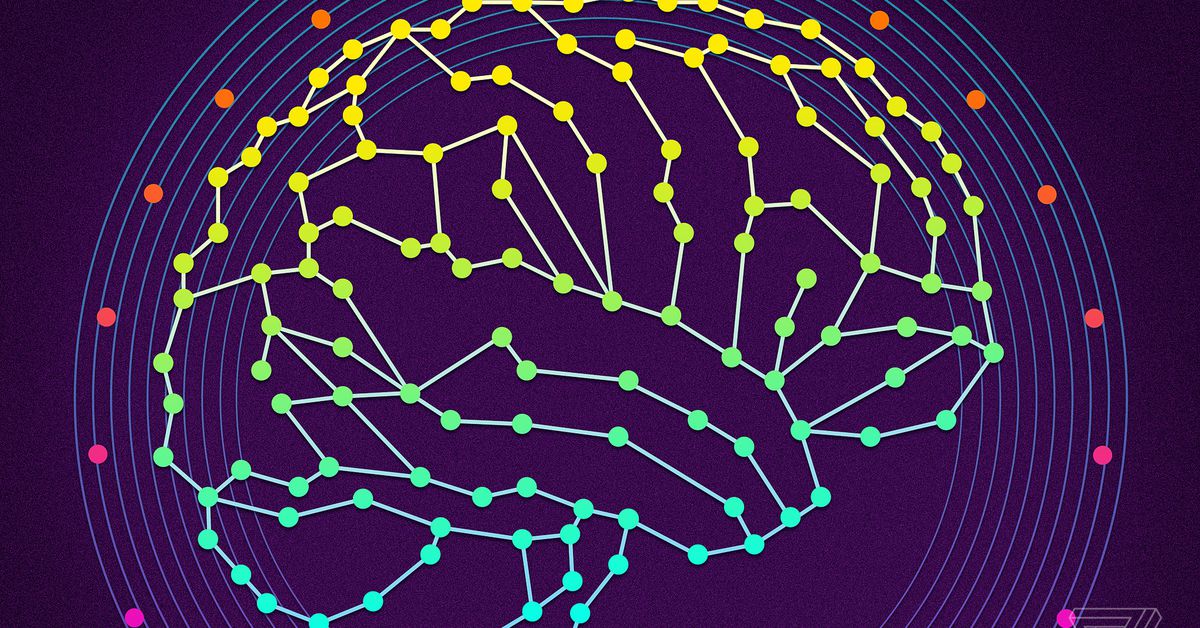
Should an artificially intelligent machine be able to patent its own inventions? For a US federal judge, the larger implications of that question were irrelevant. In April 2020, the US Patent and Trademark Office (USPTO) ruled that only “natural persons” could be credited as the inventor of a patent, and a US court decided Thursday that yes, that’s what the law technically says (via Bloomberg).
Not every country agrees with that direction. South Africa and Australia decided to go the other direction, granting one patent and reinstating a second patent application filed by AI researcher Steven Thaler, whose AI system DABUS reportedly came up with a flashing light and a new type of food container. Thaler is the one who sued the US in this case as well — he’s part of a group called The Artificial Inventor Project that’s lobbying for AI recognition around the globe.
You can read the US’s whole decision against Thaler for yourself at the bottom of this post, but it’s pretty simple when you boil it down:
- The US Patent Act says inventors an inventor must be an “individual”
- Previous legal decisions have clarified that “individuals” have to be people (not, say, companies)
- It’s also pretty clear from context that the Patent Act was referring to people
- AI systems are not people
Oh, and the court says it can only overrule a US agency’s decision if it’s arbitrary, capricious, or obviously illegal — but in this case, the USPTO already laid out its entire reasoning why it plans to stick to the status quo last April. It also asked for public comment in 2019, before it made its ruling.
As to the bigger question, US District Judge Leonie Brinkema had this to say:
“[T]here may come a time when artificial intelligence reaches a level of sophistication such that it might satisfy accepted meanings of inventorship. But that time has not yet arrived, and, if it does, it will be up to Congress to decide how, if at all, it wants to expand the scope of patent law.”
